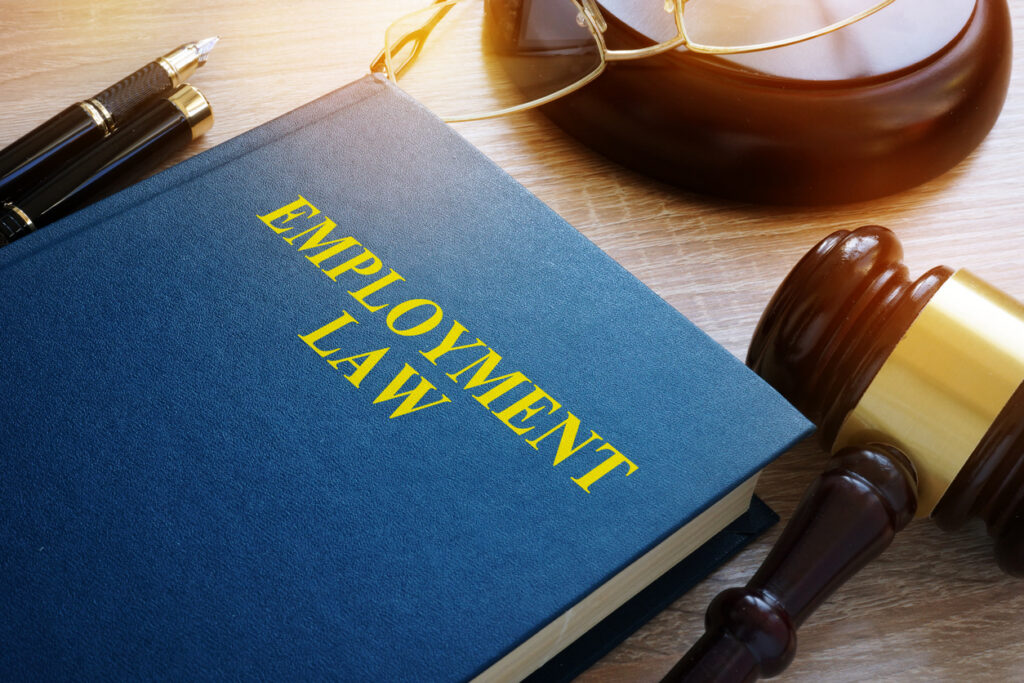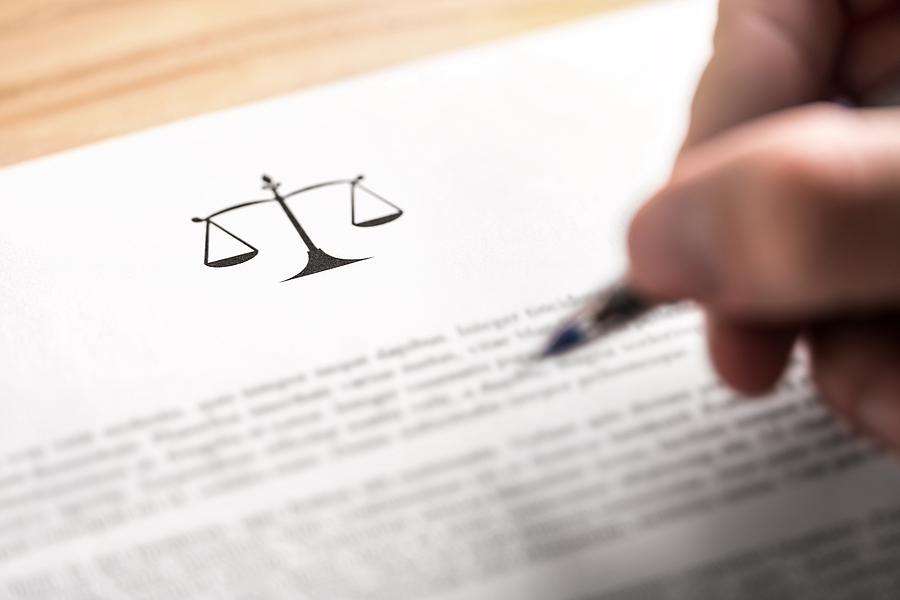Rights You May Want Spelled Out in a Commercial Lease
One job of a lease is to detail the rights of the landlord and tenant so there aren’t questions about what each entity can expect from the other. While parties to commercial leases do have rights protected by the law, when you’re dealing with commercial real estate, it’s important to ensure your lease and any other contract you sign backs up those rights.
If you don’t review a commercial lease before signing it, you might find that you have agreed to sign some of your rights away.
Some common and important rights commercial tenants may want to ensure are spelled out in leases are discussed below. If your business is growing and it’s time to sign on the dotted line for a new lease, it can be a good idea to get a legal opinion on the contract. Consider working with the team at InPrime Legal so you understand your rights and have experienced legal backup in protecting them.
The Right to Sublease — or Not
What is right for your business now may not be best for it in the future. For example, a small retail location may support sales and growth now but stifle your business in just a year or two. Before locking your business into a long-term commercial lease, look at the potential exit strategies afforded to you by the agreement.
One of those might be the right to sublease. If you think this may be a right you would want to exercise in the future, make sure it’s spelled out as specifically as possible in your lease document. That includes how you can go about subleasing, when and how you need to notify the property owner, and what type of tenant to whom you can sublease.
Definition of Permitted Use
Permitted use is something in the lease that you need to pay attention to. If there are no clauses in the lease about permitted use, you’re generally allowed to do what you want to support your business as long as you are following the law—including zoning laws and other such details.
Most commercial leases have permitted use clauses. These clauses detail what you can or can’t do on the property. For example, a clause might state the business can’t engage in any agricultural activity or limit the type of signage it can use.
Always review these clauses in a lease while considering the needs of your business now and in the future. Think about how your business might grow and whether the permitted use clauses will support your business or shackle it. If you cannot do business successfully within the confines of such clauses, attempt to negotiate a change in the lease before you sign it.
Who Is Responsible for General Upkeep and Habitability?
As a paying tenant of a commercial building, you have a right to a certain level of safety and an expectation that the owner or property manager will maintain the building and keep it habitable. However, the owner may not do everything. For example, many commercial leases call for the leasing business to handle cleaning or other day-to-day upkeep tasks.
Ensure your lease is clear about who is responsible for what. You may need that information in writing later to hold the owner or property manager responsible for maintenance tasks or other work.
Ownership of Trade Fixtures
In many cases, a leasing business brings in its equipment or other fixtures. For example, a manufacturing business leasing a factory may bring in its manufacturing equipment or a restaurant business may purchase specialty freezers for their operations.
Equipment and other items you own do not belong with the building, and when the lease is terminated, they leave with you. Or, in some cases, you might negotiate for the property owner to compensate you for them if they add value to the space and the owner desires to keep them.
To protect yourself, ensure your commercial lease details what types of items are considered trade fixtures you own.
Limited Interruption of Business
As a commercial tenant, you have a right to expect your landlord will not engage in activity that seriously interrupts your business unless there are no other options. For example, imagine the property management company for a strip mall decides the bathrooms need renovation. If the company arranges for all the work to be done during business hours, it might disrupt tenants’ ability to conduct business.
To avoid this type of issue, consider asking for language to be included in a lease spelling out how property managers will handle repairs or other work to avoid disrupting business.
What About Property Owner or Landlord Rights?
Landlords and property owners also have rights. For example, they have a right to receive timely and agreed-upon lease payments. When you negotiate a commercial lease, you may be making compromises with a property owner to ensure both of your rights are protected.
Get Help Creating Your Commercial Lease
Commercial leases are complex, especially when all the parties involved want to protect their rights and get the most out of the deal they can. Working with a lawyer to negotiate or create a lease can help you ensure all details are covered. For help with commercial leases, business contracts, and other business law issues, contact InPrime Legal at 770-282-8967.







